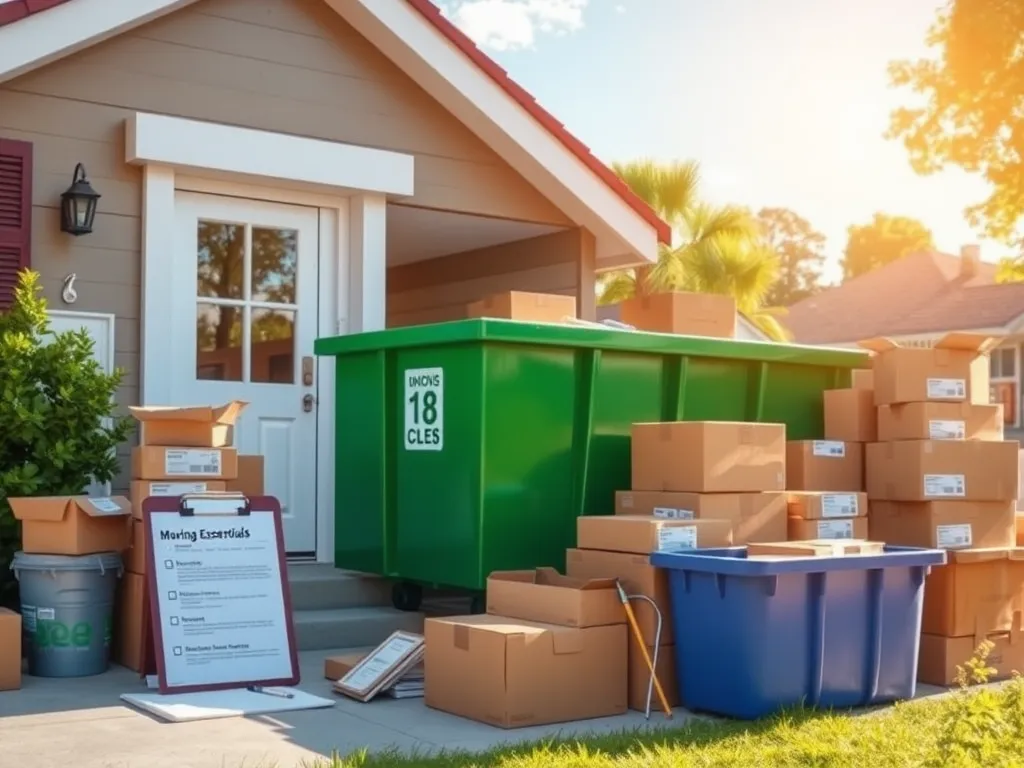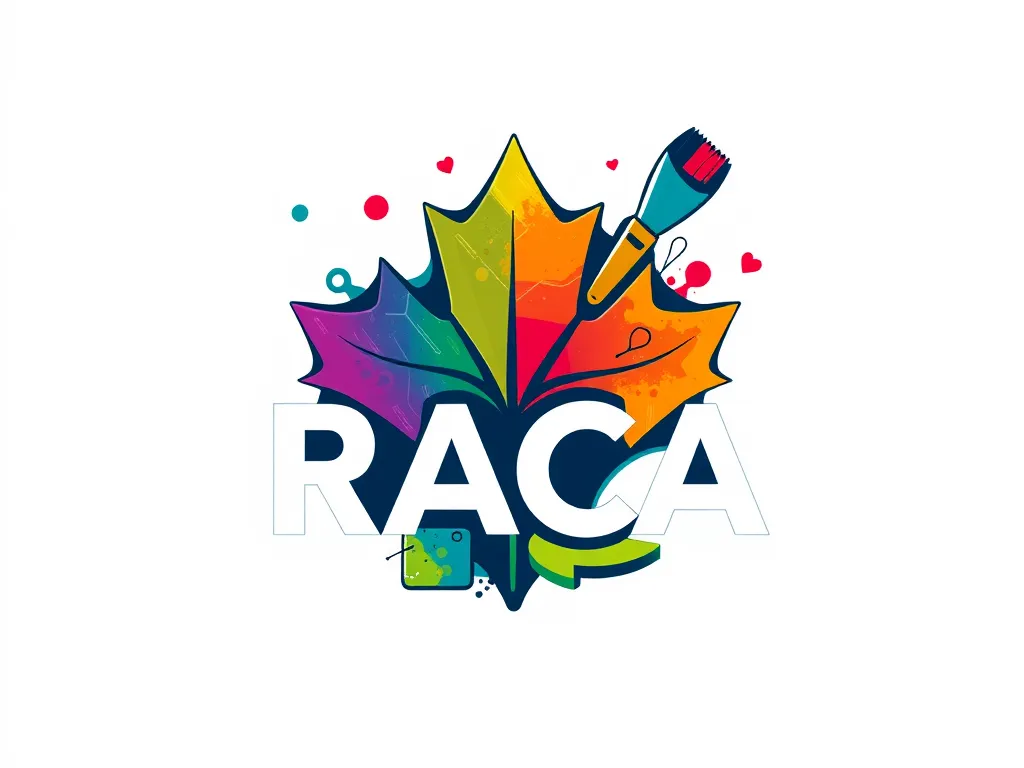Expert Guide to Dumpster Rental for Moving Hassle-Free

The Ultimate Guide to Dumpster Rental Moving
When undertaking a move, one often overlooks the importance of decluttering. Dumpster rental moving offers a simple and effective solution to manage unwanted items, making the transition smoother. This guide will explore how utilizing a dumpster can help streamline the moving process.
Renting a dumpster not only facilitates easy disposal of trash and unwanted items, but it also provides a designated area to toss away clutter as you sort through your belongings. With the challenges of moving, adopting a dumpster rental can simplify the process and mitigate stress.
In this article, we will cover the essentials of dumpster rental moving, including how to choose the right size dumpster, the benefits of proper waste disposal during a move, and best practices for planning and executing a smooth transition with a dumpster in tow.
Whether you are moving to a new home or just doing a major clean-out, understanding the ins and outs of dumpster rentals will enable you to make informed decisions that enhance efficiency and reduce overwhelm. Let’s delve deeper into the specifics of dumpster rental moving.
As you prepare for your move, consider following these sustainable practices highlighted in the article on https://www.des.nh.gov/news-and-media/blog/april-2021-moving-out-reduce-reuse-recycle-and-responsible-disposal to minimize waste.
By the end of this guide, you will be well-equipped to tackle your moving project with the help of a dumpster rental, allowing for a seamless and efficient experience.
Choosing the Right Dumpster
When it comes to dumpster rental moving, considering the right size dumpster is crucial. The size of the dumpster you need depends on the volume of items you have to dispose of. Common sizes range from 10 to 40 yards. A 10-yard dumpster is suitable for small clean-outs, while larger 20-40 yard dumpsters are ideal for large remodels or extensive decluttering.
Typical types of dumpsters for moving include roll-off dumpsters, which can be easily transported on wheels, and front-load dumpsters, known for their hinged lids. Roll-off dumpsters are often chosen for residential projects, as they allow for easy loading from the top, accommodating even bulky items.
Analyzing rental duration and costs is equally important. Most dumpster rental companies offer flexible rental periods, from a few days to weeks, allowing you to select a timeframe that aligns with your moving schedule. Always review the pricing structure beforehand to avoid any unexpected fees.
Benefits of Using a Dumpster for Moving
Using a dumpster during a move can significantly aid in the decluttering process. It enables you to easily discard items that no longer serve your purpose, making your transition much smoother. With everything in one designated place, you can minimize distractions and focus on packing.
Additionally, dumpster rentals save you time and effort. Rather than making multiple trips to disposal sites or bulky waste stations, you can toss unwanted items directly into the dumpster as you sort through your belongings. This streamlined approach can enhance your moving efficiency.
Environmentally speaking, using a dumpster for waste disposal means that you can practice proper waste management. Many rental companies dispose of the contents in eco-friendly ways, ensuring that recyclable items are processed appropriately, minimizing landfill waste.
Planning Your Move with a Dumpster
Planning your move with a dumpster requires careful consideration. Start with a step-by-step guide to renting a dumpster: first, research local dumpster rental companies, read customer reviews, and compare prices. Next, select a size based on your needs and schedule a delivery for a date that allows ample time before moving day.
When it comes to loading your dumpster, consider best practices: break down items to save space, load heavier items at the bottom, and distribute weight evenly. Avoid overloading the dumpster above its legal limits to prevent extra fees or complications during pickup.
Timing your dumpster rental is also critical; ideally, it should be in place at least a few days before your move. This allows you time to sort through items, load the dumpster, and ensure everything is taken care of before your final moving day.
Common Mistakes to Avoid
One common mistake when renting a dumpster is overloading it. Doing so can lead to fines, accidents, or the dumpster being left behind by the rental company. Ensure you adhere to weight limits to avoid potential issues.
Misunderstanding rental terms and conditions is another frequent error. Always read through the contract to clarify any uncertainties regarding fees, rental duration, and disposal restrictions.
Finally, ignoring local disposal regulations can lead to problems. Make sure to ask what items are prohibited or restricted in your area’s waste management guidelines to avoid fines.
Tips for Efficient Waste Management
When it comes to waste management, sorting is key. Prioritize sorting items well before loading the dumpster to streamline the process and categorize what to keep, donate, recycle, or throw away. This saves time and ensures your dumpster is filled efficiently.
Consider recycling options when utilizing your dumpster. Many waste management facilities offer recycling services, making it easy to ensure that materials like cardboard, glass, and metal are correctly disposed of instead of going to landfills.
Lastly, take extra caution with hazardous materials. Items such as paints, chemicals, and batteries require special handling and should not be disposed of in a dumpster. Research alternative options for safe disposal to maintain environmental responsibility.
